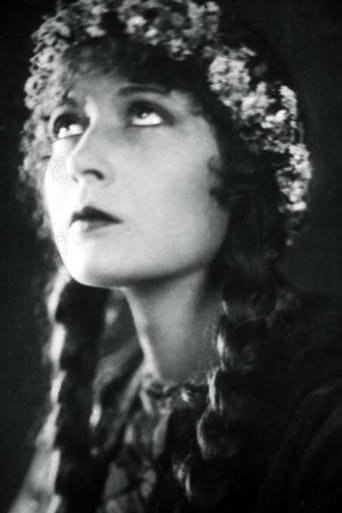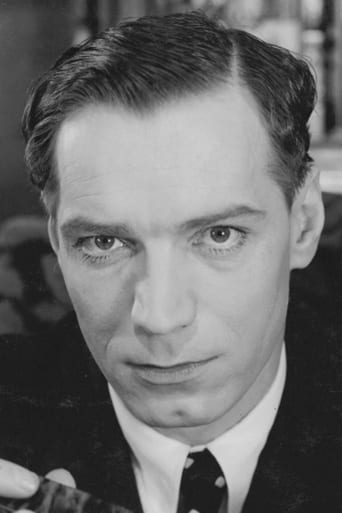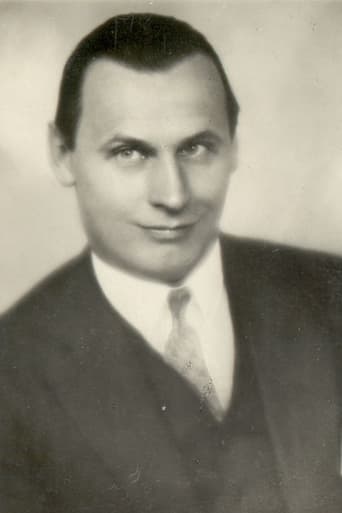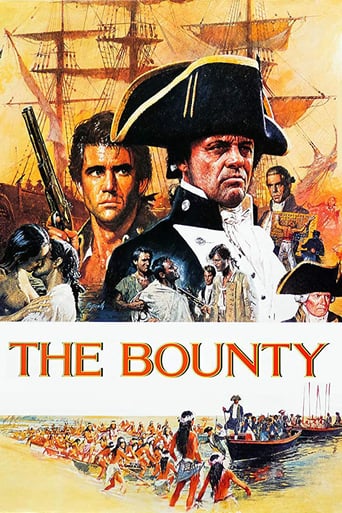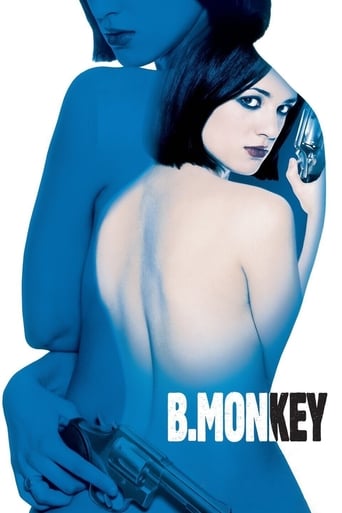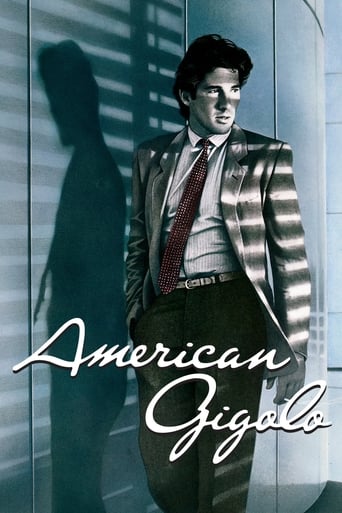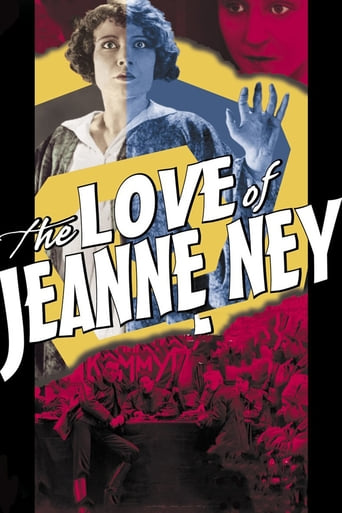
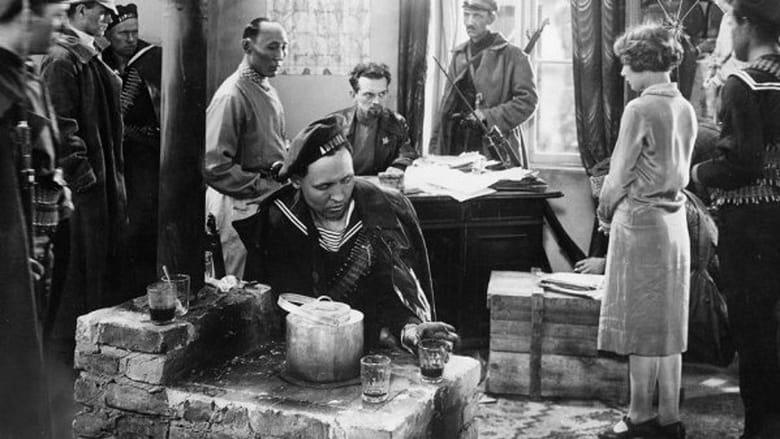
The Love of Jeanne Ney (1927)
In the Crimea, the Reds and the Whites aren't done fighting, and Jeanne discovers that the man she loves is a Bolshevik (when he kills her father). Penniless, she returns to Paris where she works for her uncle. Soon after, her lover Andreas is in France to organize the sailors in Toulon. So also is a thief, traitor, and libertine, Khalibiev, who wants to seduce Jeanne. His schemes, Jeanne and Andreas's naivete, and a lost diamond bring the lovers to the brink of tragedy.
Watch Trailer
Cast


Similar titles
Reviews
An elaborate, lavishly produced and decidedly pre-code melodrama largely set in Paris (and which contains some wonderful location work), director G.W.Pabst's camera sweeps through this film in energetic pursuit of the many characters, convolutions and coincidences thrown up in his path by novelist Ilya Ehrenburg.Most of the supporting cast overact enjoyably outrageously; Fritz Rasp actually gets to twirl his moustache a few times as the villain, while Robert Scholz is wonderfully sneering as the chief of police who thinks he has the hero at his mercy. Quieter performances are offered by leads Édith Jéhanne and Uno Henning, and two actors to become familiar as Hollywood expats are Sig Arno as a reporter who recovers a stolen diamond by pulling a parrot's head off, and Vladimir Sokoloff (one of the very few bona fide Russians in the cast), who it's nice to see in a sympathetic role substantially larger than most of those he later played in Hollywood.
Georg Wilhelm Pabst (or GW Pabst, born in 1885) was one of the great German filmmakers during the silent period. He established his name with his first film, the drama of greed "The Treasure" (1923), but with the third one, "The Joyless Street" (1925) he revealed himself as a major force of the "New Objectivity", beyond the distortions of expressionism, touching the social problems of Germany, between the two great wars. He continued with "Mysteries of a Soul" (1926) and "The Love of Jeanne Ney" (1927), whose recent vision motivates these notes; then gave a masterstroke with "Pandora's Box" (1929), which led Louise Brooks to immortality, and when sound came, in 1930 he released the antiwar drama" Frontline 1918 ", which was banned by the Nazis, made the film version of "The 3-Penny Opera" (1931) by Brecht and Weil, followed by a drama of Franco-German solidarity, "Camaraderie" (1931); an incursion into fantastic cinema with "L'Atlantide" (1932), and his own reading of Cervantes' "Don Quixote" (1933). Although he did not stop working and made more films of value, Pabst saw his career affected by the rise of the Nazis, when he had to move between Berlin, Paris, Hollywood and Vienna, where he died in 1967. The romantic account of "The Love of Jeanne Ney" goes from Ukraine to France, following the daughter of a French diplomat who is in love with a Bolshevik. The couple reunites in Paris after several vicissitudes. The characters include Jeanne's uncle, owner of a research firm, his blind daughter (Brigitte Helm, the Maria of "Metropolis"), a North American millionaire who has lost a invaluable diamond, and a Russian informer who sells to the highest bidder. There are moments of great visual force, as the scene in which the blind girl discovers the corpse of her father; and the initial scenes of the Russian revolution. However, the reason that motivates me to write about the film is, above all, extraordinary actor Fritz Rasp (1891-1976), as the ruthless snitch, fearsome as none. Rasp is an icon of the Teutonic villain: from the first time I saw him as the overwhelming "Thin Man" in Lang's "Metropolis," serving the owner of the city, every time I see him in another film, his characters are not to be trusted and his presence is intimidating: as the colonel in "Spies" and as "The Man" in "The Woman in the Moon", both by Lang, or as the Jew J.J. Peachum, "King of the Beggars", in Pabst's "The 3-Penny Opera". In "The Love of Jeanne Ney" Rasp builds the disgusting character of Khalibiev, an informant who fingers the Bolsheviks in Ukraine, and in Paris not only does he stalk Jeanne and her lover, but uses Jeanne's young blind cousin to concrete his evil plans. As Pabst, Rasp also continued working during the Nazi period, although not acting with the frequency of the past. He had a long career, that included playing the lead in a film of the "new cinema" of West Germany, "Lina Braake" (1975), which was his last appearance in cinema.
Just saw this film and was very impressed with the style and story. Like all the others who have commented, I was immediately drawn in to the story and characters. Even though there were minimal subtitles, the story was not difficult to follow. It is a different way to tell a story where body movement and gestures replace the voice. The orchestral soundtrack was well matched to the mood and action. I had never heard of this film and only found it by accident when searching on whatever became of Bridgit Helm who did not pursue acting after (?) this final film. It is also a historical drama and has interesting details of life in that time. Definitely one of the great films of that era.
Like Alfred Hitchcock, director G.W. Pabst's films have the feeling of having been created by someone with great technical ability. THE LOVE OF JENNY NEY (DIE LIBE DER JEANNE NEY, Germany, 1927)plays like one of the great Hitchcock films from the sound era. As the so called silent era came to an end the art of cinema seemed to burst into full flower. Look at Murnau's SUNRISE, Vidor's THE CROWD, Seastrom's THE WIND, De Mille's THE KING OF KINGS (to name a few) and it is easy to see why the artist of the day were reluctant to enter the world of "sound". The DVD version of THE LOVE OF JENNY NEY from Kino Video is truly beautiful to look at. The new orchestral score by Timothy Brock is excellent and very effective. Like many of Pabst's films, a little patience is required, as characters and situations only become clear as the story progresses. And this film plays like a classic Hitchcock film -- with innocent people getting deeper and deeper into a web of destruction. This is a film that is even more interesting to watch the second time around. And as noted above, it is truly a text book of what the silent cinema was capable of doing. Brigette Helm, who made such an impression in Fritz Lang's METROPOLIS, gives a moving performance as a blind girl pulled into the intrigue. Well worth adding to your collection if you care for great cinema!


